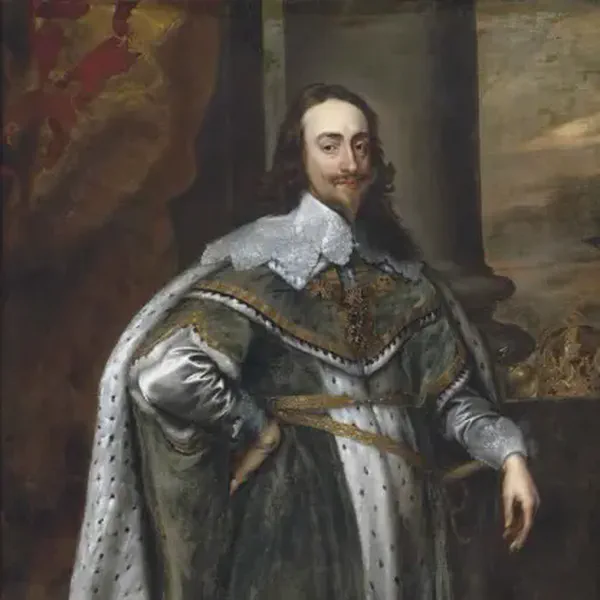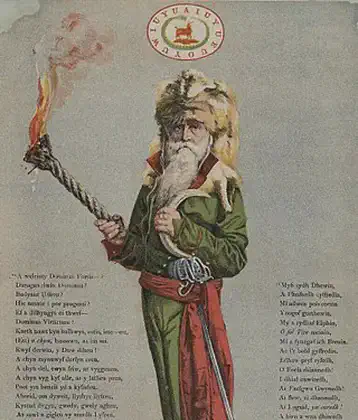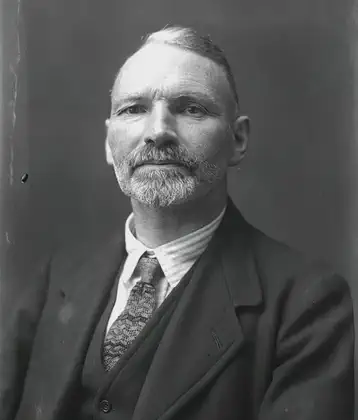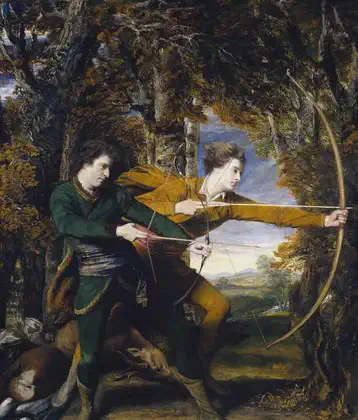On January 23, 1647 in Celtic History
Scottish presbyterians sell captured charles i to english parliament

Charles I (19 November 1600 – 30 January 1649) was King of England, Scotland, and Ireland from 27 March 1625 until his execution in 1649.
The sale of King Charles I by the Scottish Presbyterians to the English Parliament during the English Civil War.
Charles was born into the House of Stuart as the second son of King James VI of Scotland, but after his father inherited the English throne in 1603, he moved to England, where he spent much of the rest of his life. He became heir apparent to the kingdoms of England, Scotland, and Ireland in 1612 upon the death of his elder brother, Henry Frederick, Prince of Wales. An unsuccessful and unpopular attempt to marry him to Infanta Maria Anna of Spain culminated in an eight-month visit to Spain in 1623 that demonstrated the futility of the marriage negotiation. Two years later, shortly after his accession, he married Henrietta Maria of France.
After the defeat of the Royalist forces in the Civil War, Charles I was captured by the Scottish army in 1646. The Scots, seeking to secure their position and financial compensation, entered into negotiations with the English Parliament.
The result of these negotiations was the Treaty of Newport in 1648, where the Scots agreed to sell Charles I to the English Parliament for £400,000. This act was highly controversial and faced opposition within both the Scottish and English factions. The English Parliament, led by Oliver Cromwell, eventually took custody of Charles I, leading to his trial and execution for treason in January 1649.
The sale of Charles I to the English Parliament played a significant role in the complex and tumultuous events of the English Civil War, marking a critical moment in the political and military struggles of the time.
More From This Day

The United Irish League, a nationalist electoral organization, is founded by William O'Brien
January 23, 1898




